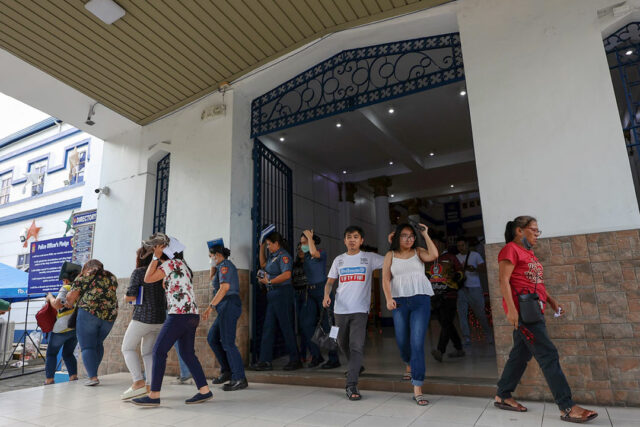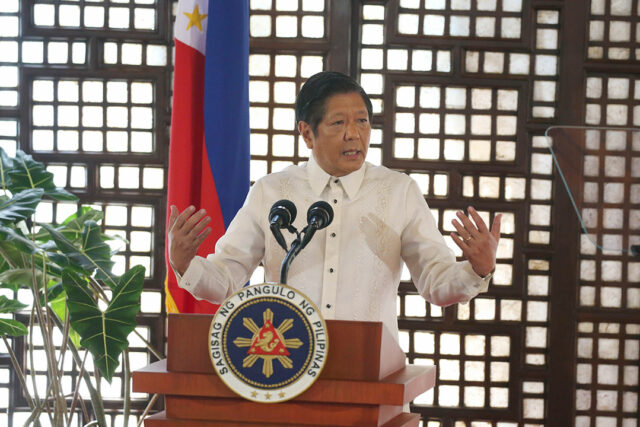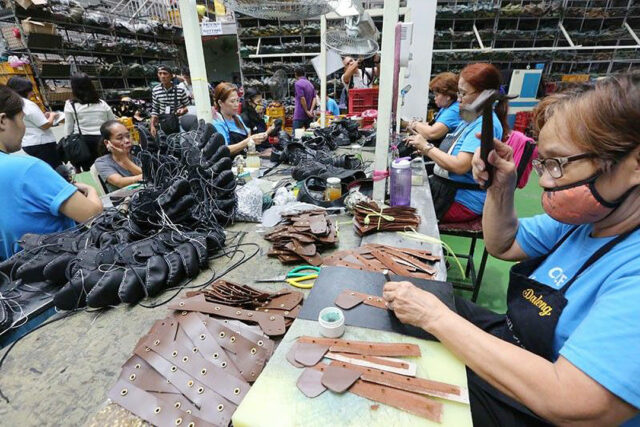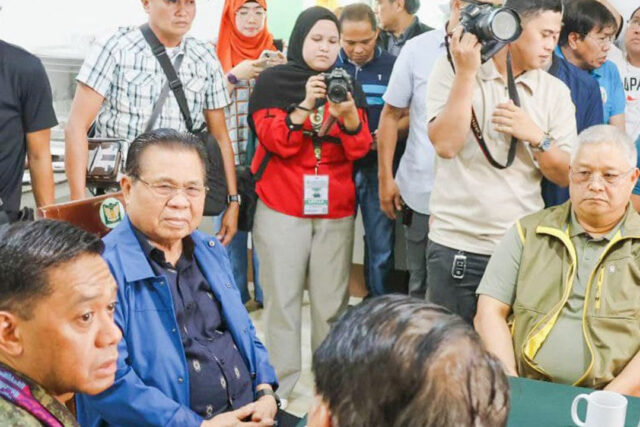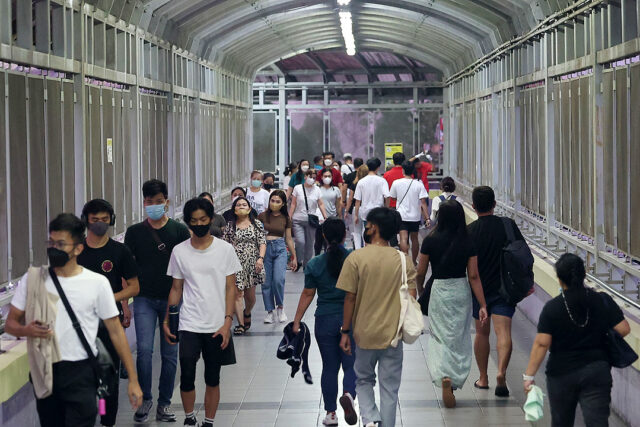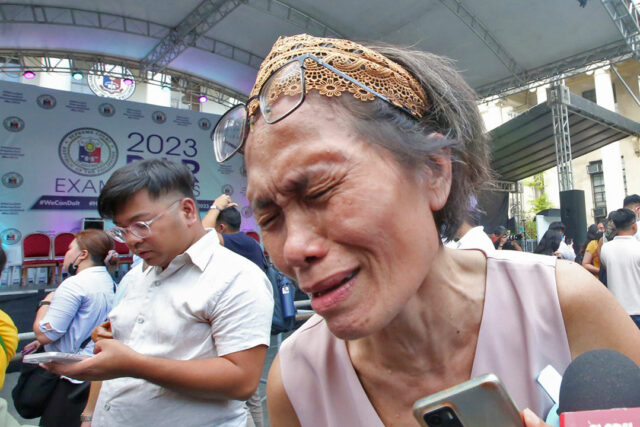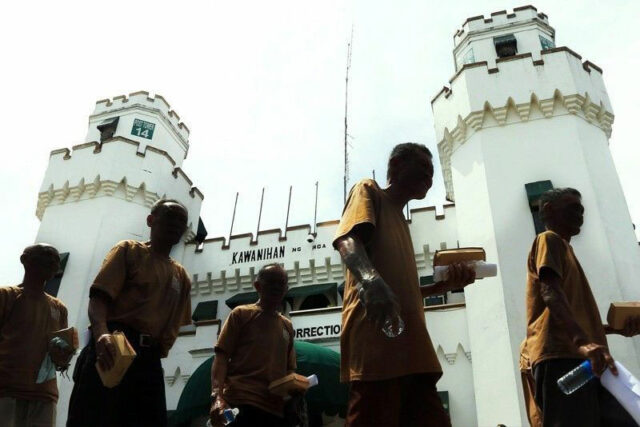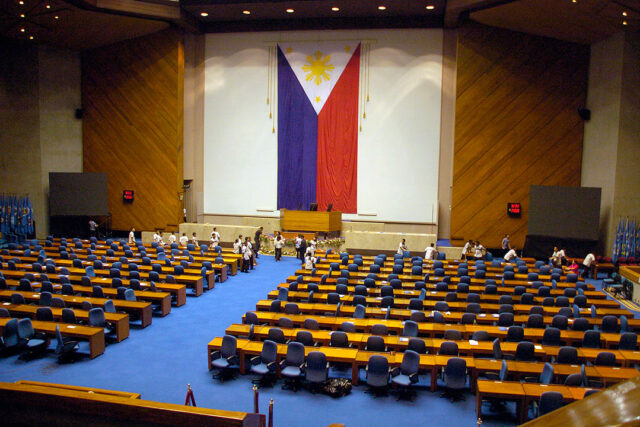By Kyle Aristophere T. Atienza, Reporter
PRESIDENT Ferdinand R. Marcos Jr. on Tuesday signed a measure that seeks to streamline the framework for public-private partnerships (PPPs).
The PPP Code, signed as Republic Act No. 11966, amended the Build-Operate-Transfer (BOT) Law to create a unified legal framework for all PPPs at both national and local levels.
The law defines PPP as a contractual arrangement between the implementing agency and the private proponent for the financing, designing, constructing, operating and maintaining of infrastructure or development projects which are typically provided for by the public sector and where each party shares in the risks.
The law covers all PPP arrangements, such as BOT variants, joint ventures, and toll operations agreements. PPP projects may also be financed partly from direct government appropriations or official development assistance of foreign governments or institutions.
“The law also reduces transaction costs and improves the ease of doing business for PPPs,” the PPP Center said in a statement, noting that the landmark legislation clarifies the ambiguities in the BOT Law, which was last amended in 1994, and other existing PPP legal frameworks.
The new law allows private proponents to recover their investments and earn reasonable profit by authorizing them to charge and collect reasonable tools, fares, fees, rentals, or other charges subject to appropriate regulations.
The implementing agency, on the other hand, may instead make regular payments to the private proponent in line with the contract. It allows other non-monetary payments.
The PPP Center said the new code streamlines the implementation process and updates the approval threshold for national PPP projects.
It will also promote autonomy in implementing local PPP projects while ensuring alignment of local government unit projects to national development plans, it added.
“It enhances the framework for unsolicited proposals and establishes a predictable tariff regime that safeguards public interests,” PPP Center said.
The law establishes a PPP Governing Board, which will oversee policy related to PPPs. The board will be headed by the National Economic and Development Authority Secretary, with the Finance Secretary as vice-chair. The Commission on Audit is tasked to craft guidelines on auditing PPP projects.
The PPP Center said the law gives them “additional powers and functions to work towards a more efficient and effective performance of its mandate.”
“The PPP Governing Board, the Project Development and Monitoring Facility, and the newly created Risk Management Fund are likewise institutionalized further to enhance the sustainability of the Philippine PPP Program,” it said.
PPP Center Undersecretary and Executive Director Ma. Cynthia C. Hernandez said that through the new law, the “government will deliver more financially viable, well-structured, and high-quality PPP projects that will significantly improve the lives of Filipinos.”
“The PPP Code incorporates the best practices and lessons learned from over 33 years of experience in implementing PPPs in the country to ensure that present and future PPP projects are of high quality and can mitigate risks during implementation,” she said.
As of Sept. 1, there were 104 PPP projects in the pipeline at an estimated cost of P2.521 trillion. Some 180 projects are being implemented worth P2.639 trillion, according to the Department of Finance.
The new law should be complemented by efforts to cut red tape and curb corruption at all levels, InfraWatch PH convenor Terry L. Ridon said in a Facebook Messenger chat.
“While we welcome such partnerships, these projects should remain within the reach of people, ensuring that no one is excluded from using such goods produced under PPPs,” Leonardo A. Lanzona, who teaches economics at the Ateneo de Manila University, said.
“Agreements can be designed to favor just a few sectors and not the general interest. It is crucial that fair and equitable outcomes are achieved within specific arrangements,” he added.
At the same time, the President also signed into law the proposed Internet Transactions Act, which seeks to protect online consumers by tightening e-commerce regulations.
The law creates an online business registry and establishes an electronic commerce bureau under the Trade department to spearhead the implementation of the law as well as the Electronic Commerce Act of 2000 and the Philippine E-Commerce Roadmap.
The President was scheduled to lead the ceremonial signing of the two bills in Malacañang on Tuesday but had to cancel the events after testing positive for COVID-19 Monday night.
